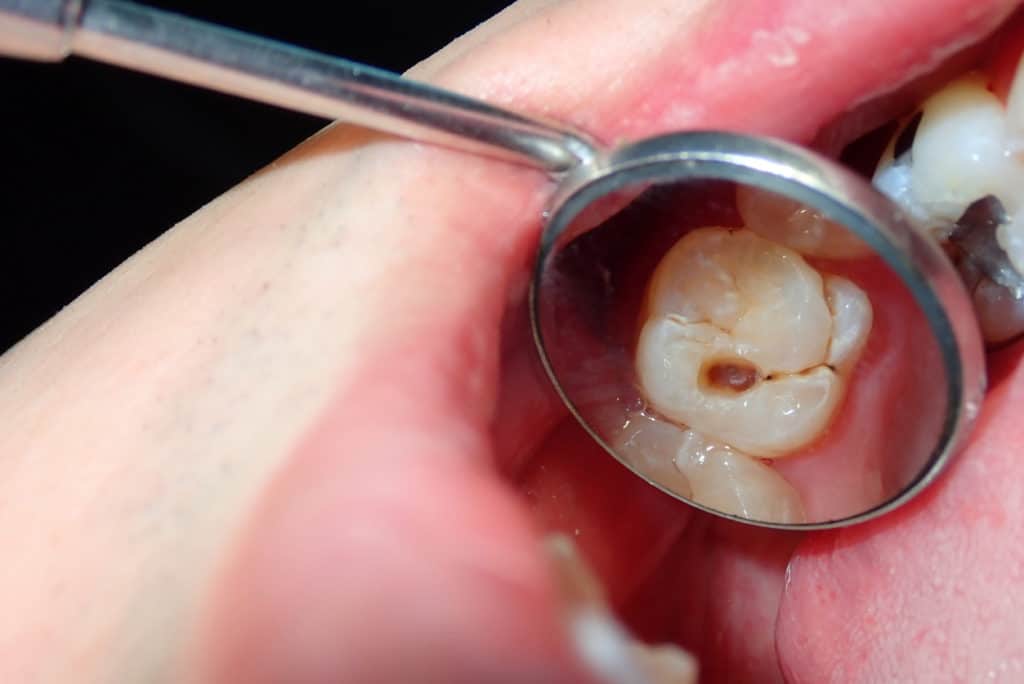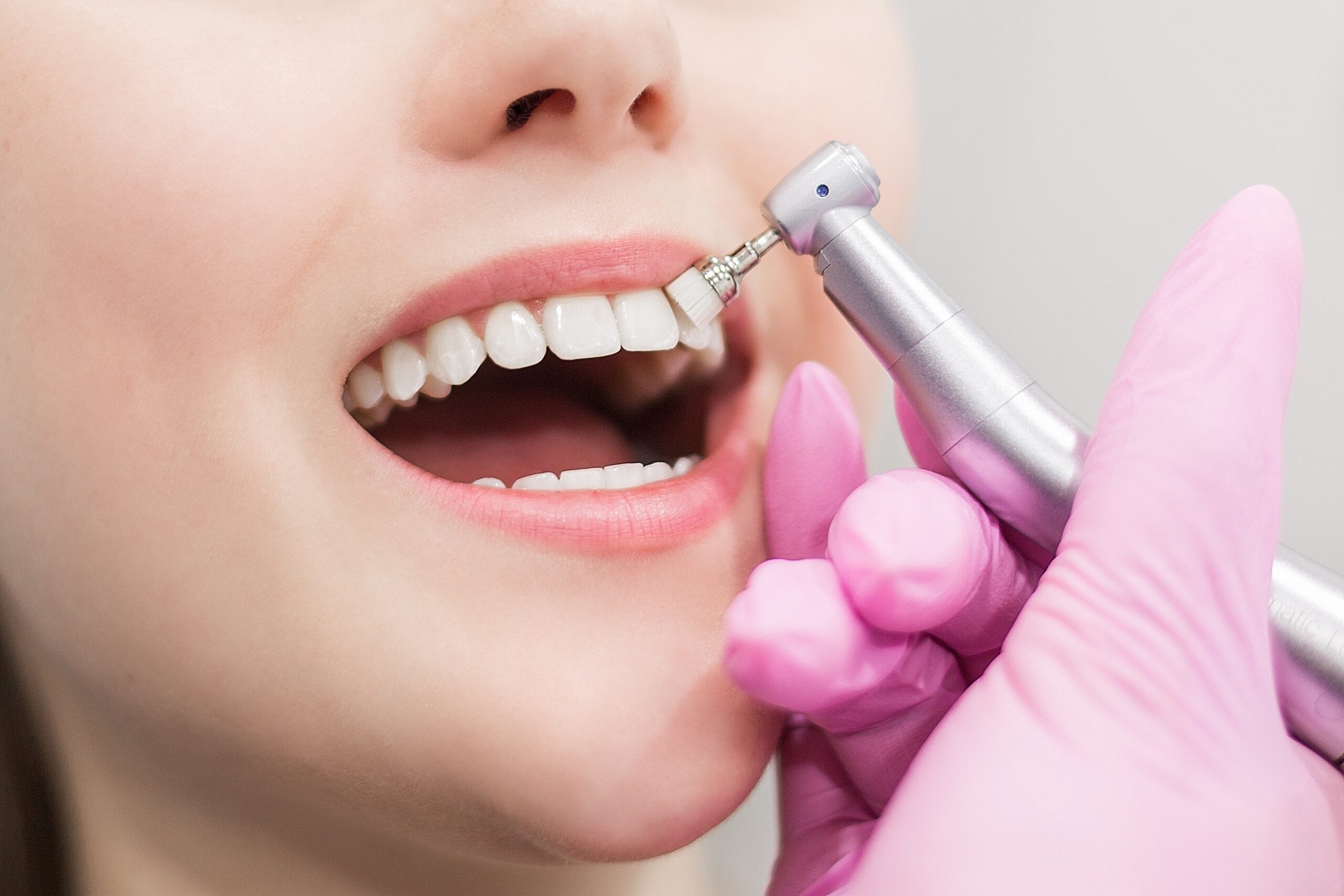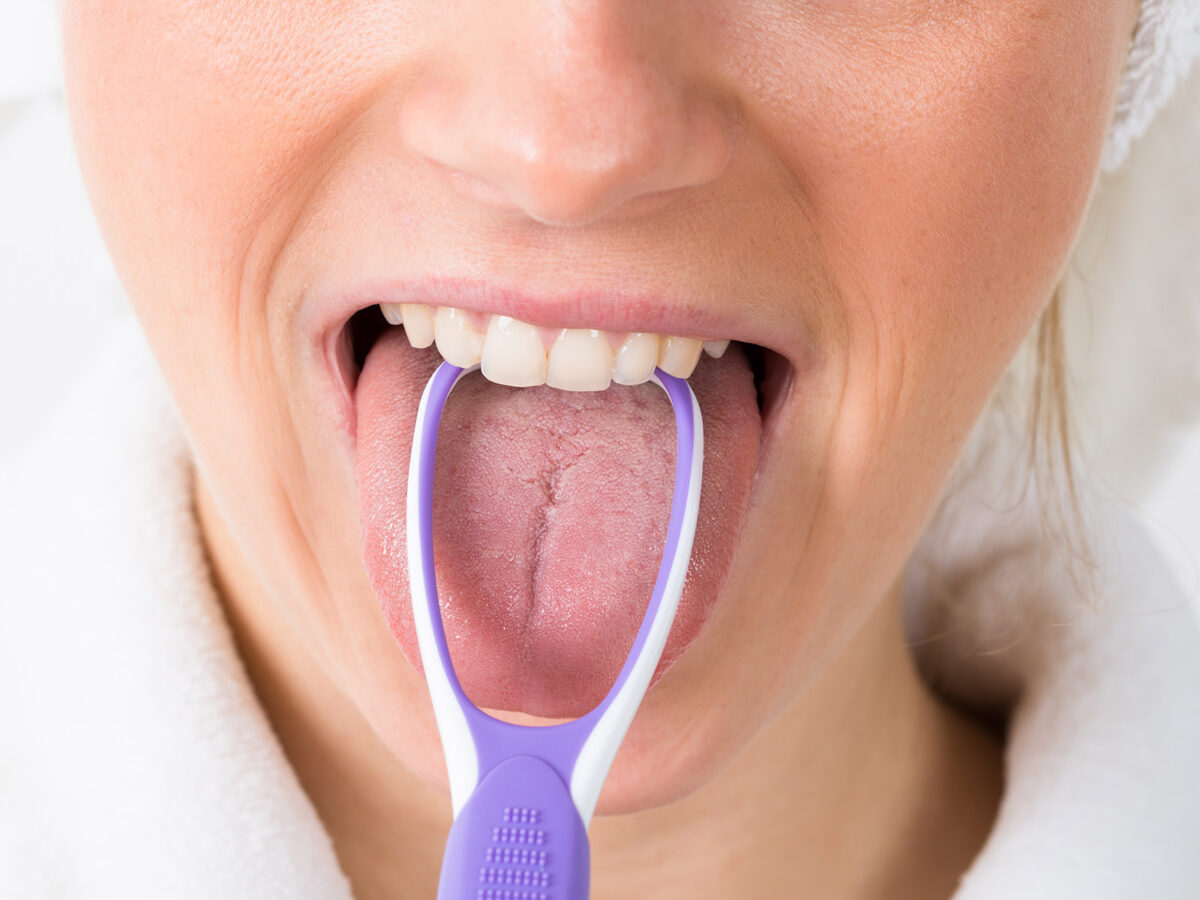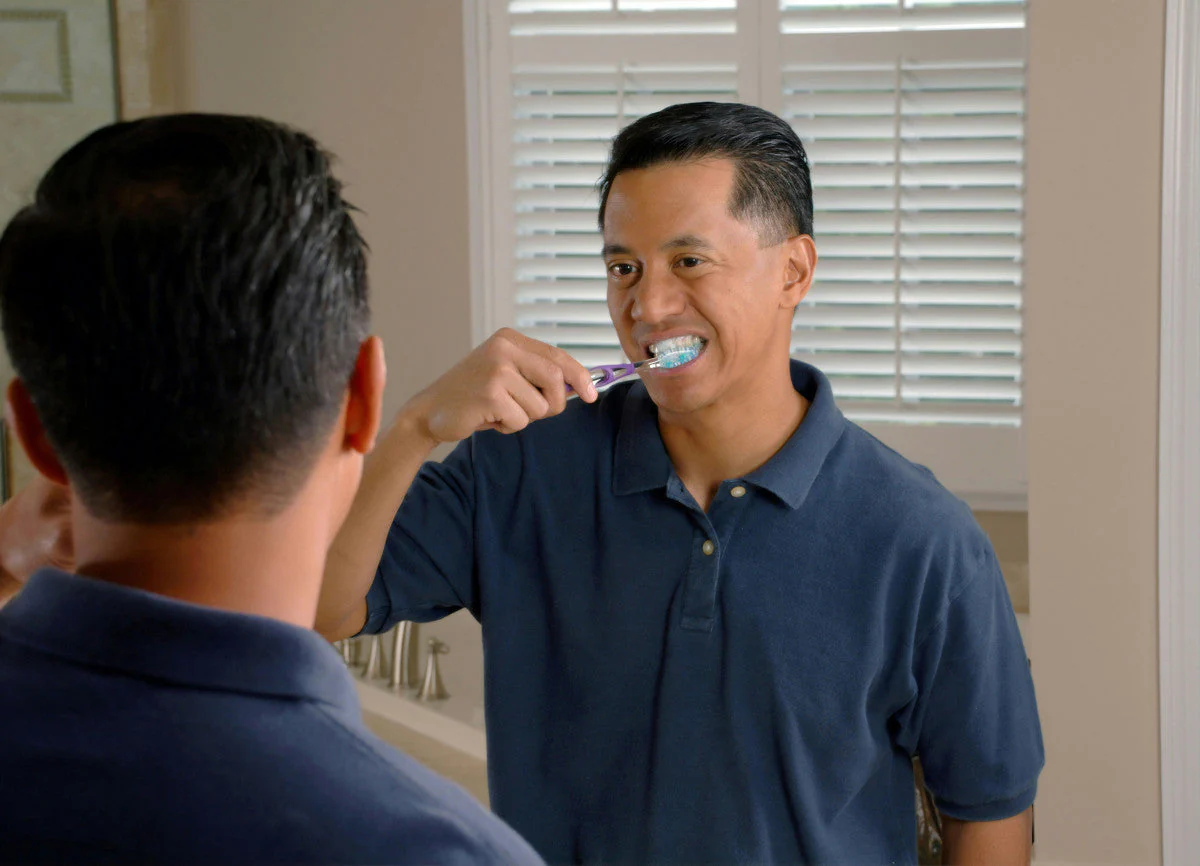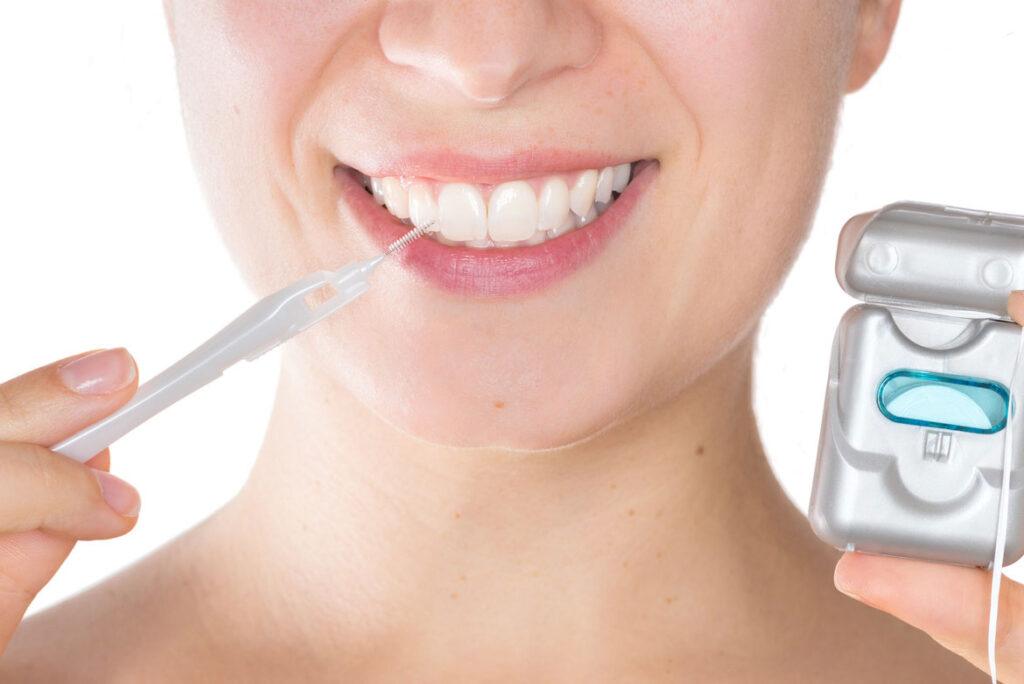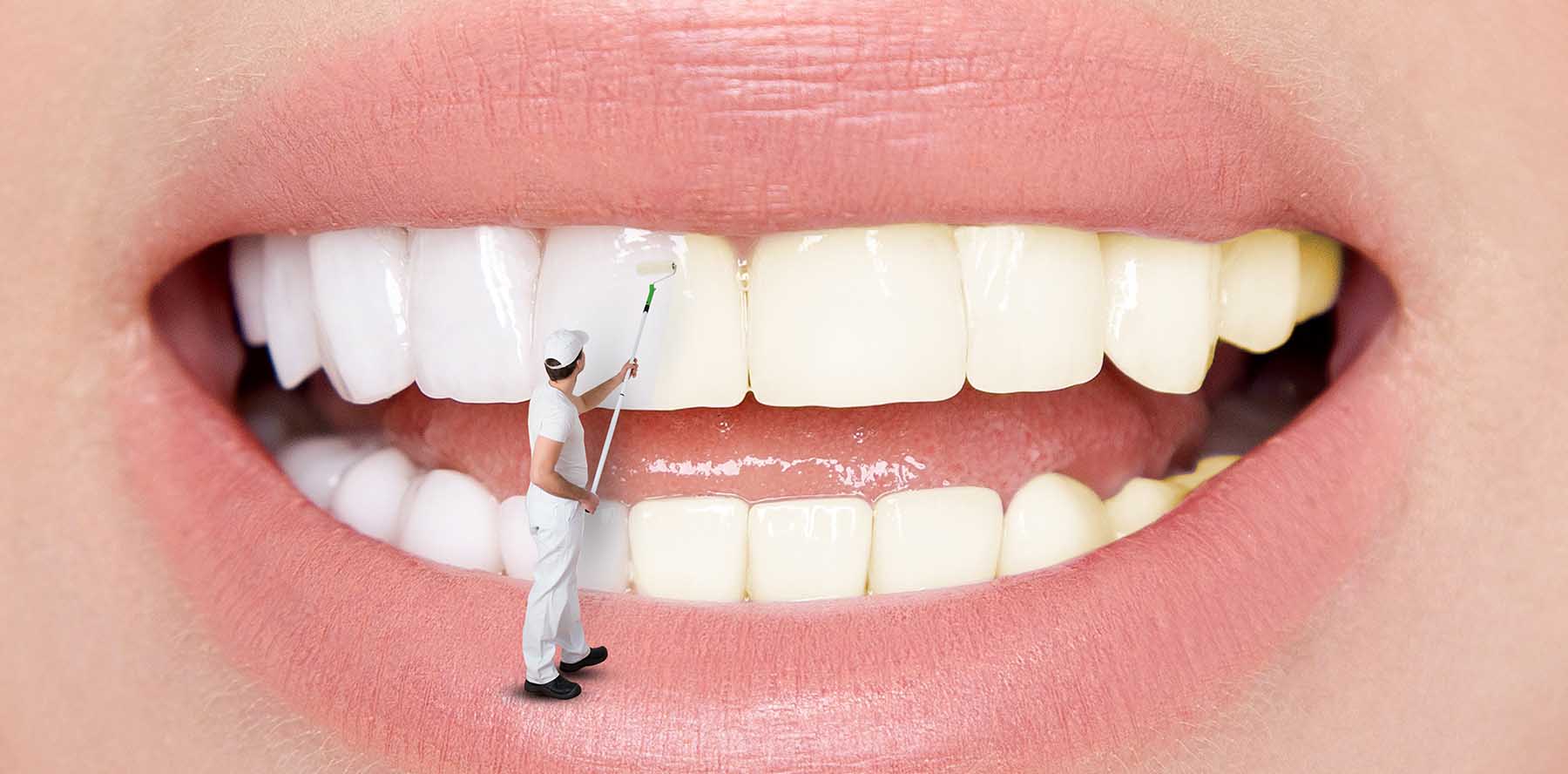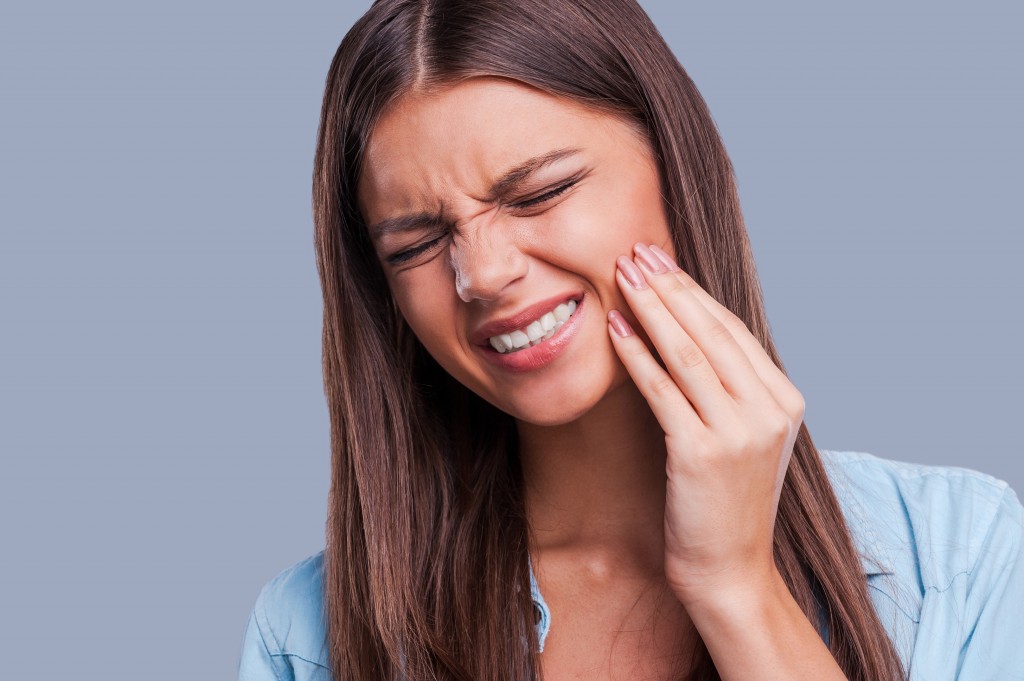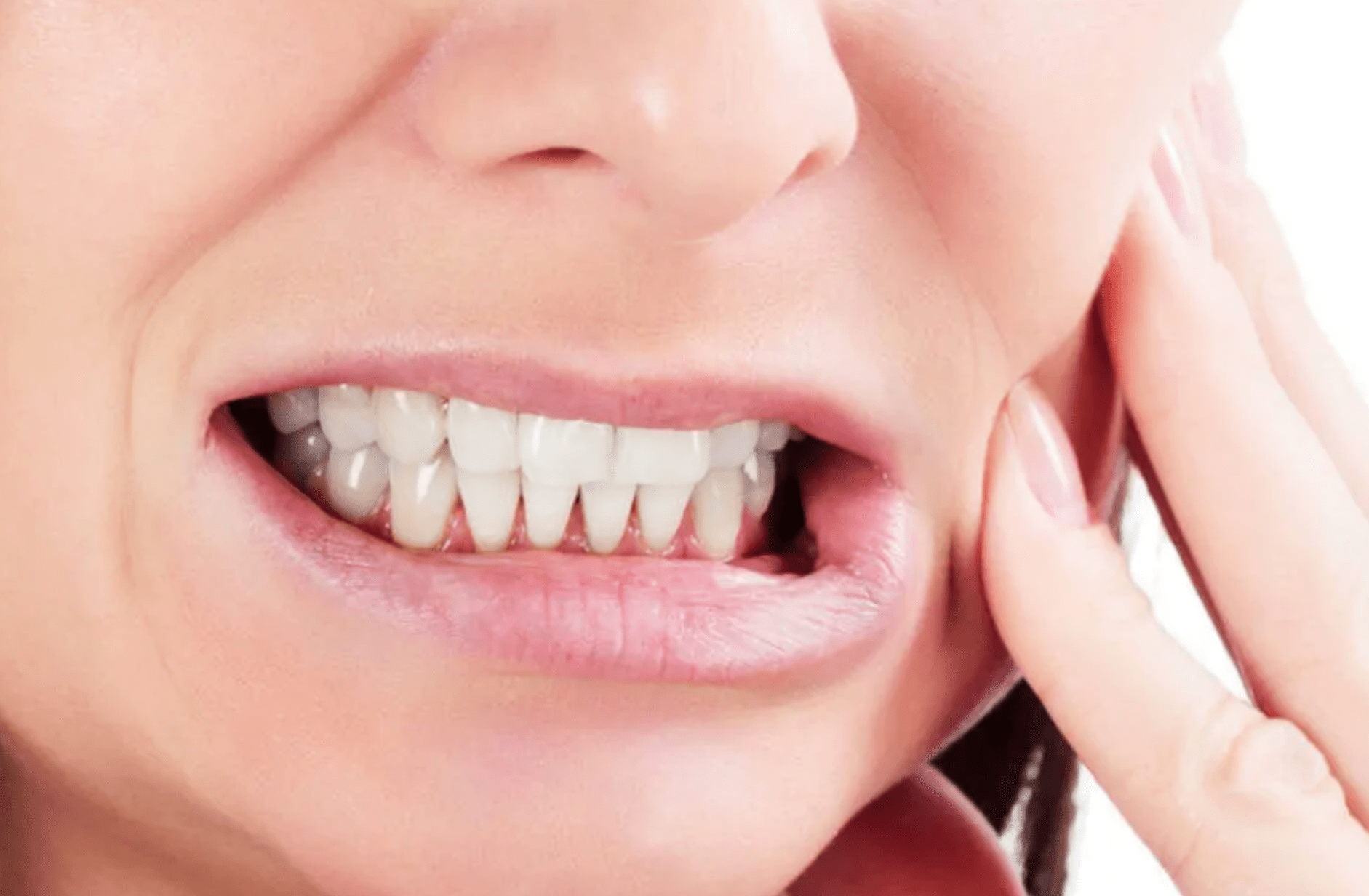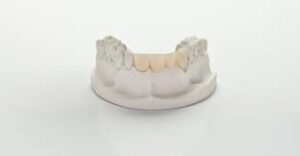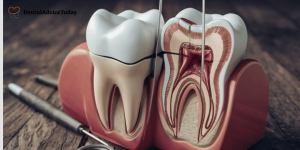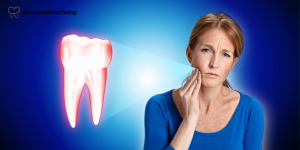Have you experienced pain or swelling in your wisdom teeth and are wondering whether it can resolve itself or not? Do you think you need to wait or visit a dentist? The wisdom teeth may heal slightly in some cases in which the irritation is mild, but in most cases, they fail to heal fully on their own.
It can make you feel better temporarily, however the issue comes back or even increases. In order to be on the safe side, you ought to have your dentist check-up. The right care and treatment can help avoid additional pain and guard against infection or damage of your gums.
What are the Wisdom Teeth Healing Stages?
As your wisdom teeth begin to emerge, your mouth passes through various stages of healing. You are advised to observe your symptoms and practice simple care measures in order to minimize discomfort.
Soft foods can also make your gums feel better. Knowing the phases will allow you to better control the pain and understand when to visit your dentist to ask some questions or get treatment.
1. Initial Swelling and Discomfort Phase
During the first stage, your gums are sore, and swelling can be noticed around the wisdom teeth. Hard foods should be avoided since they may cause discomfort. Ice packs on your cheek help in reducing swelling. It might cause discomfort in the region when you are chewing or brushing. Feeling a little pressure is normal, and you need not panic.
Taking cold water can also help to reduce pain. One can rest with his head raised in order to control swelling. This period normally takes a couple of days and proper attention will ensure that your mouth is more comfortable as you pass through the initial curing period.
2. Blood Clot Formation and Protection
Once your wisdom teeth begin healing, your body develops a blood clot in the area of extraction or irritation. Rinsing too hard may dislodge the clot, so you should not rinse vigorously. To avoid clot damage, you can eat soft food. Sensitivity may be experienced, and slight bleeding might also be expected.
Strains should not be used or smoked since the suction may help to get the clot out. Soft brushing can be used to take care of your gums and minimize the risk of infection. The importance of this stage is that the clot ensures the protection of the underlying tissue and enables your gums to begin the natural process of healing.
3. Tissue Regeneration and Gum Healing
At this phase, the gum tissue gradually recovers around the wisdom teeth. You are advised to eat soft food and keep your mouth clean to avoid infection. You can observe that the swelling slowly diminishes, and tenderness decreases every day.
Picking at the gums or using very strong mouthwashes should be avoided. It can be done over a few days or weeks and your gums gradually become strong. Proper care at this period will guarantee that healing proceeds smoothly, and your mouth is ready to enter the final stage of recovery without suffering.
4. Reduction of Pain and Swelling
The swelling and pain begin to decrease on their own as your mouth heals. You are advised to keep following your dentist to prevent discomfort. You can resume a normal diet slowly with soft food and then proceed to normal meals. You can also feel that your gums are stronger and less sensitive when brushing.
When cleaning or chewing, you must not stress the area unnecessarily. Light treatment can be used to avoid reopening or inflammation of the healing gums. At this step, you feel more comfortable and your mouth begins to perform its usual functions again, making it easier to keep your mouth clean and to carry on with your normal activities.
5. Complete Bone and Tissue Recovery
In the final stage, all gums and bone underneath are healed fully and are no longer influenced by the eruption of the wisdom teeth. You need to make sure that you take good care of your teeth and have them checked in order to ensure that everything is healed well. You can chew as usual without any discomfort and your mouth is perfectly healthy at this point.
It is recommended that one should not adopt habits that damage the teeth or gums. Healthy oral practices are the way to prevent complications in the future. At this stage, the healing process is completed and you can now eat regular meals, smile, and have long term dental health.
Tips for Supporting Your Teeth’s Natural Healing Process
It is very important to take care of your mouth after the eruption of wisdom teeth. To make your gums and teeth heal on their own, there are a few basic actions that you should take every day. Small actions such as cleaning in a gentle manner, eating soft food, and avoiding bad habits can go a long way in recovery. Monitoring pain and swelling can also help you in supporting healing.
These tips will make you feel better, help to avoid infection, and help your teeth and gums heal faster. These steps will help you to keep your oral health in great condition.
1. Maintain Proper Oral Hygiene Daily
You are advised to brush your teeth softly after eating to avoid having bacteria along the healing wisdom teeth. To prevent irritation of the gums, you may utilize a soft-bristle toothbrush and soft toothpaste. Brushing gently has the advantage of cleaning the food between teeth without damaging sensitive places. You can brush off with hot salt water to ensure that the mouth is clean.
Aggressive scrubbing is to be avoided as it may result in bleeding or damage to healing tissue. Daily hygiene avoids infection and lessens pain. Good care will assist your mouth in healing more quickly and keep your gums healthy.
2. Follow a Soft Food Diet
During the healing of your mouth, it is very important to eat soft foods. Hard, crunchy or spicy food should be avoided as it will irritate the gums and may damage the area of the wisdom teeth. Mashed potatoes, yogurt, smoothies, or soups are some of the options you can make as they are easy to eat. You can gradually start eating normal solid food as gums become stronger.
Slowly chewing prevents swelling or trauma to sensitive tissue. You should not consume sticky food that may be lodged around your teeth. A soft food diet is helpful to heal, ease the pain, and feel more comfortable in the process of recovery.
3. Avoid Smoking and Alcohol Intake
During the healing of your wisdom teeth, you should not smoke and drink alcohol. Smoking can slow the healing process, and can predispose to infection, and alcohol can irritate the gums. You can save your mouth by drinking water and avoiding substances that damage recovery.
After following these steps, you may observe quicker pain relief. Avoiding these habits is a good way to get your gums to heal, and minimize swelling and pain.
4. Use a Cold Compress for Swelling
After the eruption of your wisdom teeth, you can use a cold compress on the cheek to decrease swelling. This should be done after every 15 minutes to avoid irritation on the skin and manage discomfort effectively. As the cold compress reduces blood flow and soothes inflamed tissues, you may experience an immediate relief effect.
During the initial days, you can repeat this practice several times a day after consulting a doctor. A cold compress makes your mouth feel better and aids in natural healing, which makes the recovery less painful and easier.
5. Keep Regular Dental Check-Ups
To check the progress of recovery following the eruption of wisdom teeth, you need to visit a dentist regularly. The dentist can examine whether there is an infection, whether the gums are recovering well, and whether there are any complications. You might require guidance on how to clean, how to deal with pain, or changes in diet. During every visit, you can ask questions to monitor the progress of your mouth and implement preventive measures.
Appointments should never be missed since early identification of problems can avoid severe problems. Routine check-ups help maintain overall oral health and ensure that your wisdom teeth do not cause long-term problems. Adhering to the instructions of your dentist will guarantee you a comfortable and risk-free healing process.
Conclusion
Wisdom teeth can be healed and your gums can be supported by paying attention and taking care of them daily. You are supposed to take care of your own oral hygiene, consume soft foods, and avoid habits that can damage your recovery. Cold compresses and swelling observation will help you feel better.
Knowing the phases of healing and adhering to the tips, you can make your recovery painless and easy. You can see slow improvement on a daily basis. Good oral care today means good dental health tomorrow. To take care of your gums and teeth, you have to follow these good habits daily.
Frequently Asked Questions
Do wisdom teeth recover naturally without treatment?
When the irritation is not severe, wisdom teeth can heal, though in most cases they do not heal on their own. To avoid infection and the aggravation of pain, you should visit a dentist. Discomfort is temporarily manageable, but expert attention will guarantee proper healing.
What is the time frame for healing wisdom teeth?
It may require a couple of weeks to get better again based on how your body and care plan are. Eating soft food and mildly washing your mouth are some of the guidelines that you have to follow to hasten the healing process. One can notice gradual improvement, though the complete restoration of tissues and bones may require more time.
What Foods Are Best to Eat During Recovery?
To support healing, go for soft options like soups, mashed potatoes, yogurt, and smoothies. Hard, crunchy and sticky food that irritates your gums must be avoided. Gentle eating techniques can help to heal, lessen pain, and avoid complications. Eating well allows your mouth to heal quickly.
Should I brush my teeth during the healing process?
Brushing using a soft toothbrush is advisable to prevent irritation of your gums. Do not brush your wisdom teeth aggressively. Proper cleaning helps avoid infection and promotes easy recovery.
5. When should I see a dentist after an eruption?
In case of swelling, pain or bleeding, you should visit a dentist. Regular check-ups should be scheduled to check the progress of healing. It is best to consult the dentist early to avoid complications, and keep your wisdom teeth and gums healthy. Professional advice can assist you in healing in a healthy and comfortable way.
